Posted on 6/27/2024
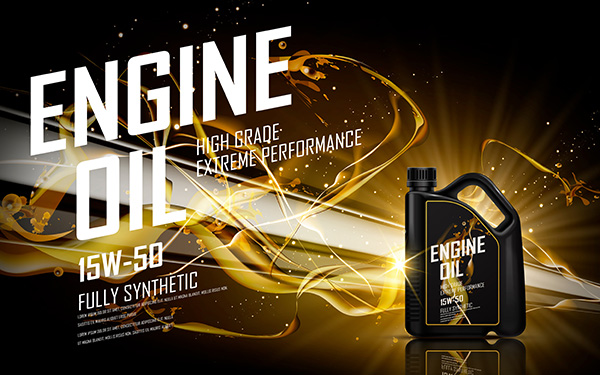
Life can get busy, and sometimes, it's tempting to skip routine car maintenance, especially if you're not driving as much. But when it comes to oil changes, is it really okay to skip them if your car is spending more time parked in the driveway? The short answer is no, but let's go deeper to understand why. The Importance of Oil Changes Oil is vital for the proper functioning of your engine. It lubricates the moving parts, reduces friction, and helps keep the engine cool. Over time, oil breaks down and becomes less effective at its job, which is why regular oil changes are crucial. Even if you're not clocking up the miles, the oil in your car can still degrade due to time and environmental factors. Old oil can lead to increased engine wear, reduced performance, and eventually costly repairs. The Risks of Skipping Oil Changes ... read more
Posted on 5/29/2024
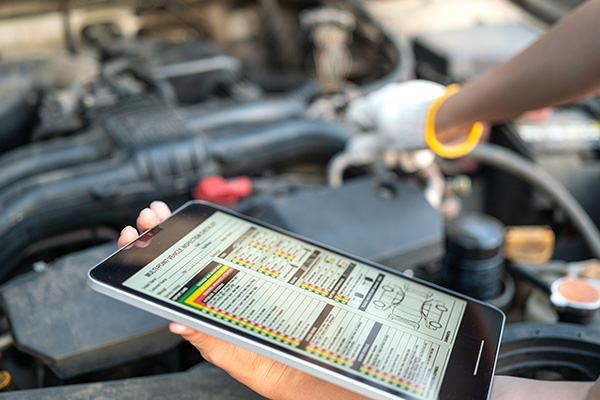
Are you heading out on a road trip through Oregon's scenic landscapes? Before hitting the road, ensuring your vehicle is in top condition to handle the journey is essential. A thorough car inspection can help prevent breakdowns and ensure a smooth and safe adventure. Before embarking on your Oregon road trip, let's explore the essential checklist items. 1. Tires and Wheels Before heading out, check your tire pressure, tread depth, and overall condition. Ensure tires are properly inflated according to manufacturer recommendations and look for signs of wear or damage. Consider rotating tires and bringing along a spare tire in case of emergencies. 2. Fluid Levels Check all fluid levels, including engine oil, coolant, brake fluid, transmission fluid, and windshield washer fluid. Ensure levels are adequate and top up if necessary. Address any leaks or unusual fluid levels to ... read more
Posted on 4/28/2024
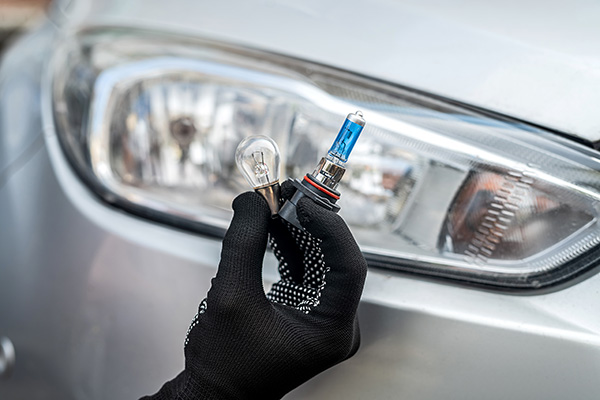
Are you experiencing mysterious instances where your car lights flicker or suddenly go out? It can be frustrating and even dangerous to drive with unreliable lighting. What are the common causes behind such issues, and to understand what might be causing your car lights to malfunction? The Car Electrical Systems Understanding the fundamentals of your car's electrical system is crucial for troubleshooting lighting issues effectively. Your vehicle's electrical system is a complex network of several key components, such as the battery, alternator, fuses, wiring harnesses, and light bulbs. Each component plays a vital role in powering and controlling different electrical functions, including the lighting system. Therefore, when experiencing problems with your car's lights, it's essential to consider the integrity and functionality of these ... read more
Posted on 2/27/2024
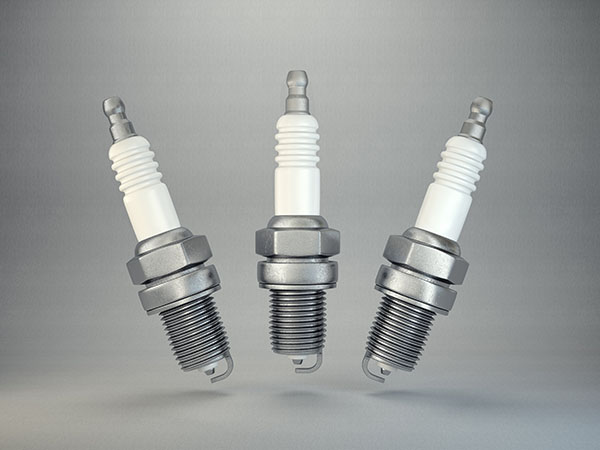
Ever wonder what keeps your engine running smoothly under the hood? Spark plugs play a pivotal role in your vehicle's powertrain, igniting the fuel-air mixture that powers your engine. But not all spark plugs are created equal - keep on reading to find out why that is! Spark Plug Basics Spark plugs are the heartbeats of engines, creating the necessary spark to ignite the fuel-air mixture in the combustion chamber. However, the effectiveness of this small yet crucial component depends on its type, material, and compatibility with the engine. Different Types of Spark Plugs Explained Copper Spark Plugs These are the most basic type, featuring a solid copper core with a nickel alloy coating. Their main advantage is superior thermal conductivity, which allows them to operate at a wider range of temperatures, making them ideal for older vehicles with low-v ... read more
Posted on 1/30/2024
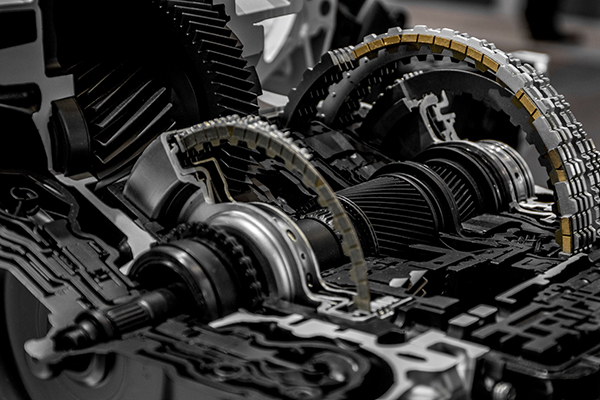
In the quest for enhanced fuel efficiency and performance, the automotive world has seen a steady increase in the number of gears in automatic transmissions. From the once-standard 4-speed to the more modern 7, 8, and even 9-speed transmissions, this evolution raises the question: what's the difference between them, and how do they impact your driving experience? How Do 7-Speed Automatic Transmissions Work? The 7-speed automatic transmission, often found in performance and luxury vehicles, provides a balance between fuel efficiency and quick acceleration. It works by having seven gear ratios that the transmission system shifts through automatically. The lower gears offer faster acceleration, while the higher gears are tuned for better fuel economy and cruising at higher speeds with lower engine RPMs. The inclusion of the seventh gear allows for a smoother ... read more